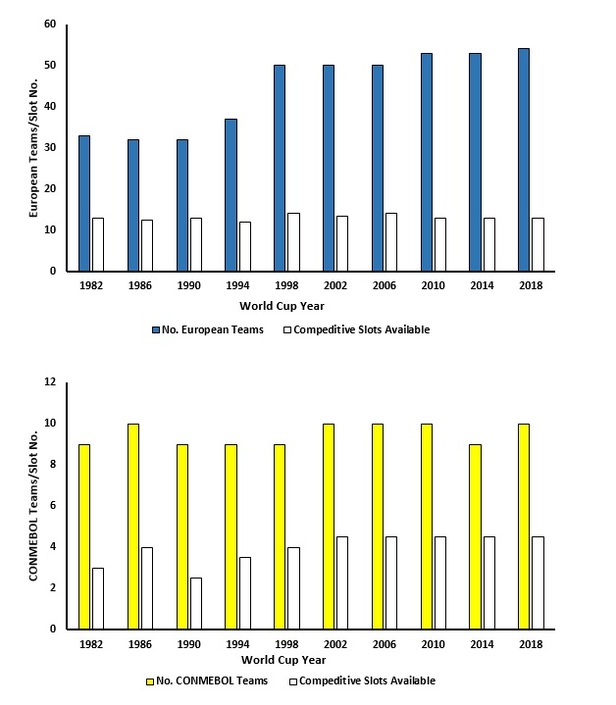No doubt Valon Berisha will become an iconic name in Kosovo after the Red Bull Salzburg midfielder scored in the Balkan territory's first World Cup qualifying match since becoming a FIFA member. At first I was thrilled to see the Kosovans do well but then I started to question whether their arrival will spell qualification trouble from teams like the Republic of Ireland in the years to come. While the Kosovans are currently minnows, naturally they will have motivations to progress. They haven’t had a bad start; Finland were drawn from Pot 5, not Pot 6, and on top of that, it was an away point they achieved in Turku. If my memory serves me right not long after Montengro came on the seen they achieved a draw with Ireland.
As all European soccer fans know, qualifying for the World Cup in Russia is challenging. Apart from Russia, who qualify automatically as hosts, only thirteen slots in the final tournament are available for European teams. What’s more, the lowest place runner up doesn’t even get into a play-off. As Robbie Butler showed here, us Irish draw an awful lot of matches.
An issue for the European bloc, and perhaps for those that consider tournament design, is the expansion of the qualification stage. While this has happened on a piecemeal basis, the break-up of the USSR and Yugoslavia were particularly relevant. The graph below shows the number of European teams competing in the World Cup qualification round from 1982 to 2016 and the number of slots available (discounting automatic qualification). Approximately 40% of teams qualified from Europe from 1982 to 1990. This has fallen since then. Now under a quarter of the entrants reach the finals. The number of places on offer at the finals has remained relatively constant.
As a comparison, the second graph shows the same information for South America (CONMEBOL). The number of slots available here has increased over the years. Approximately one third of teams qualified in 1982. By the time Russia 2018 comes along 45% of CONMEBOL entrants will reach the finals.
Yesterday the new FIFA president Gianna Infantino floated the idea of a 40 team World Cup. While there is an obvious quality trade-off here as we all saw from the expanded Euro 2016 Finals, it may provide a greater opportunity for European teams to reach World Cup Finals.
While things don’t often happen instantly in international football, quick changes can come about from time to time. Wales rose from a bottom qualifying seed for the 2014 World Cup to a top seed for 2018. Iceland, and to a lesser extent Northern Ireland, have shown that success on the international stage is possible, even with relatively small populations.

 RSS Feed
RSS Feed